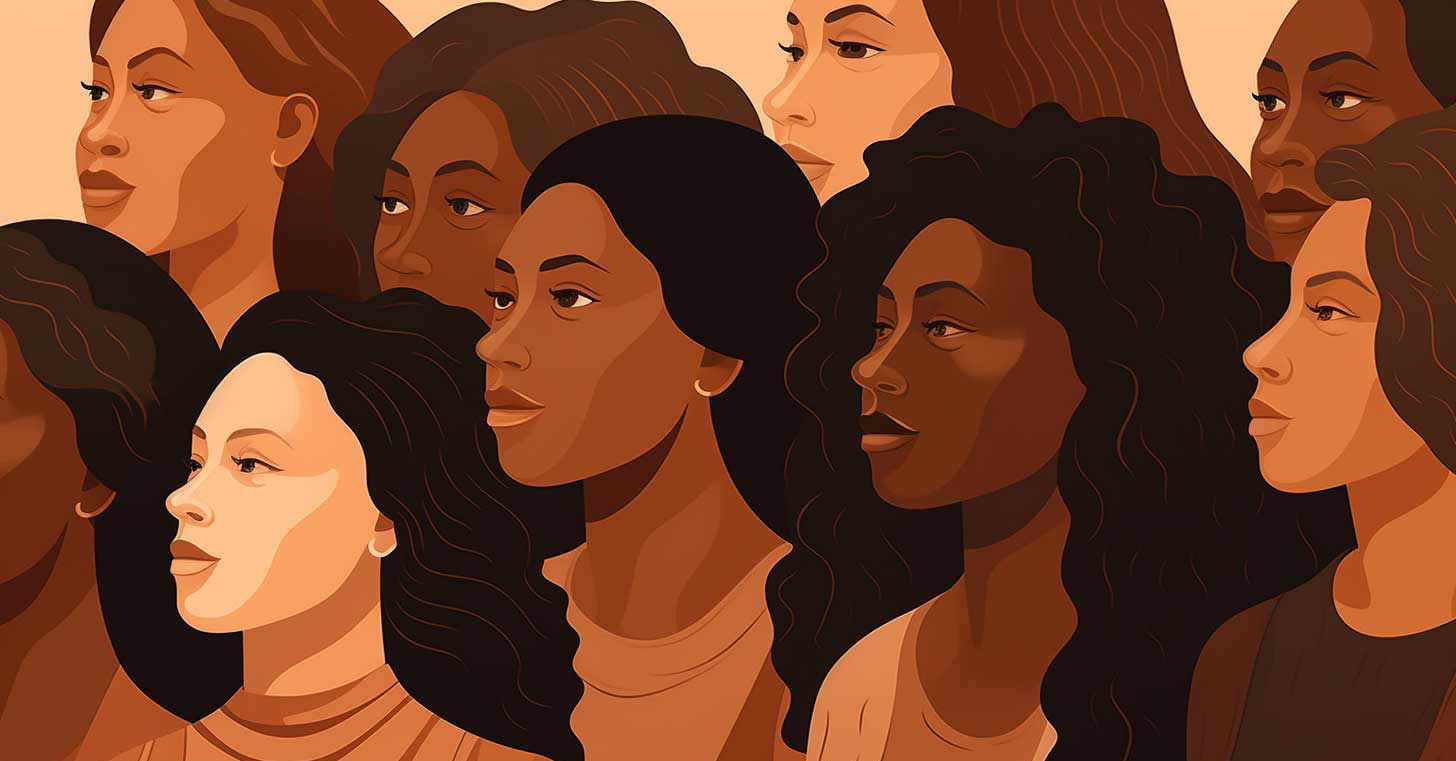
Exposure to PFAS chemicals doubles the odds of a prior cancer diagnosis in women
New research from Amber Cathey
Researchers found a clear association between exposure to certain PFAS (per- and poly-fluoroalkyl substances) and phenol (including BPA) chemicals and a previous cancer diagnosis in women from the National Health and Nutrition Examination Survey (NHANES).





